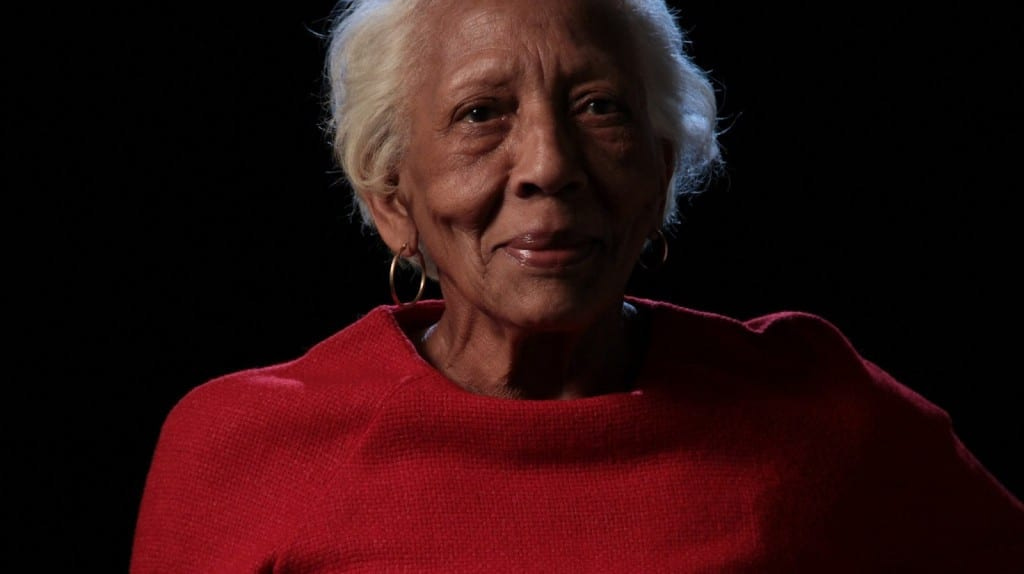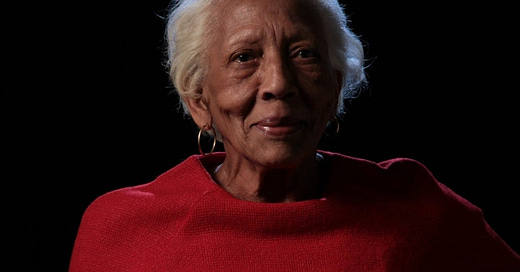‘The Life and Crimes of Doris Payne’ Review: For Once It Might Be Worth Waiting for the Non-Doc Option

According to The Life and Crimes of Doris Payne, a Hollywood movie is being planned about the life of its title character, featuring Halle Berry in the lead role. For a multitude of reasons, I hope that it’s good. There need to be more good films about black women. There need to be more good films about jewel thieves. There need to be more good films ab…
Keep reading with a 7-day free trial
Subscribe to Nonfics to keep reading this post and get 7 days of free access to the full post archives.



